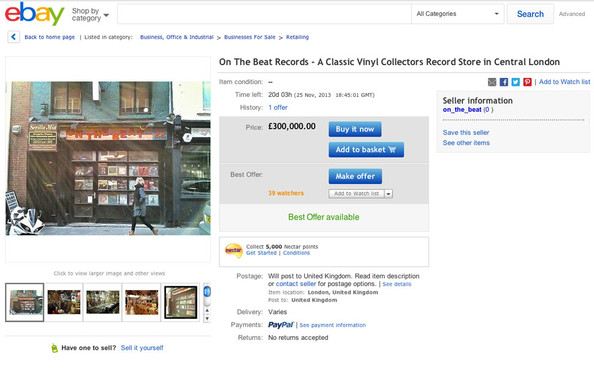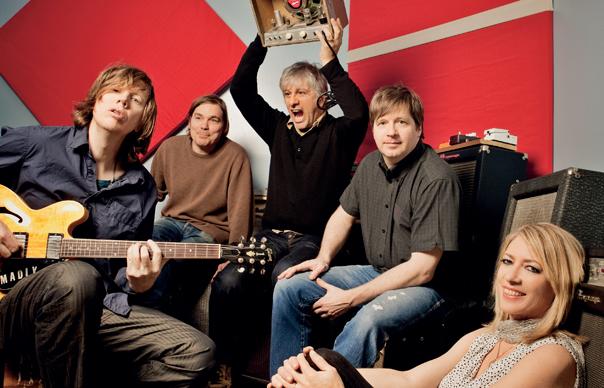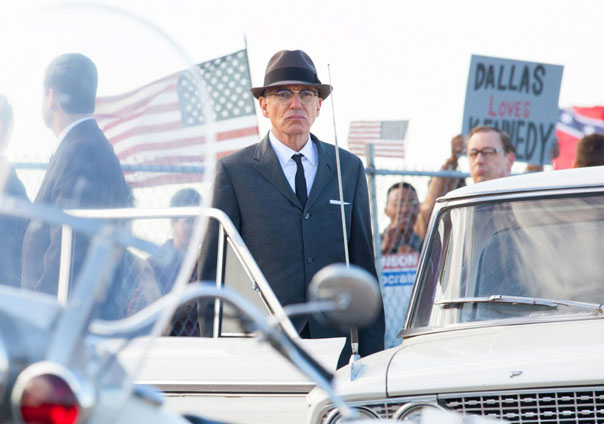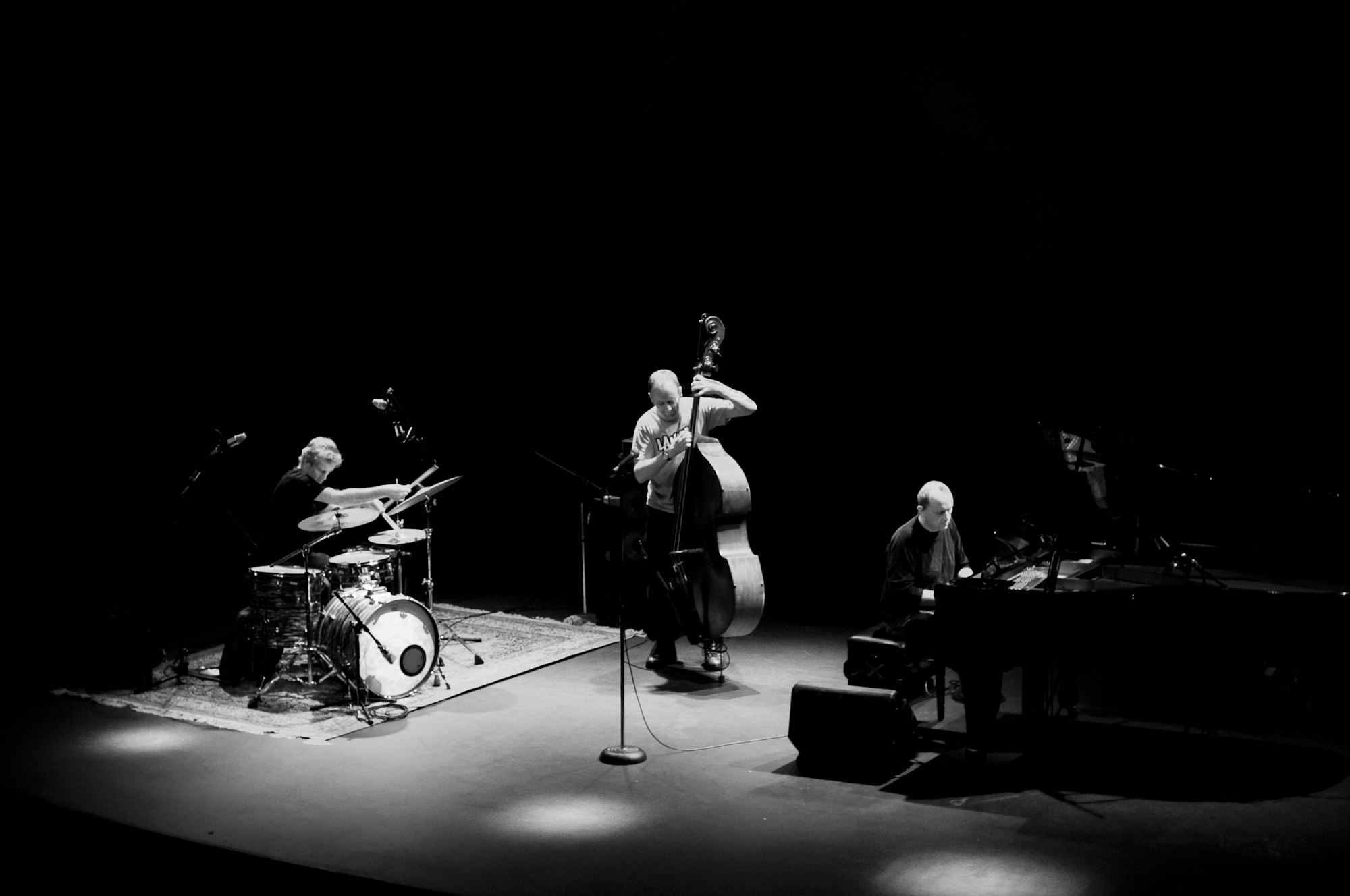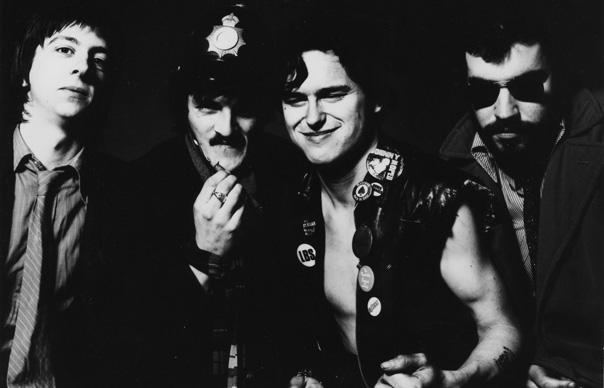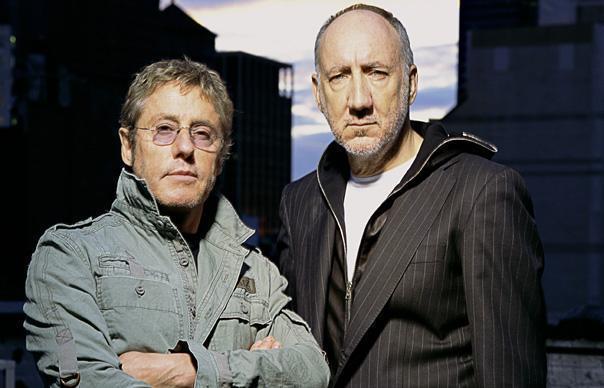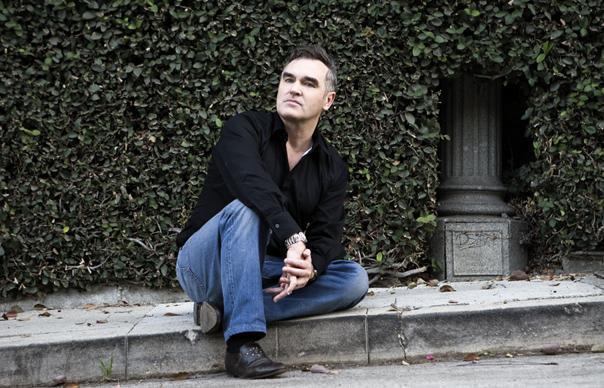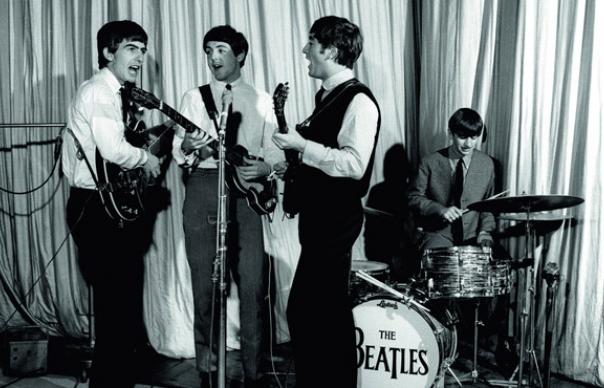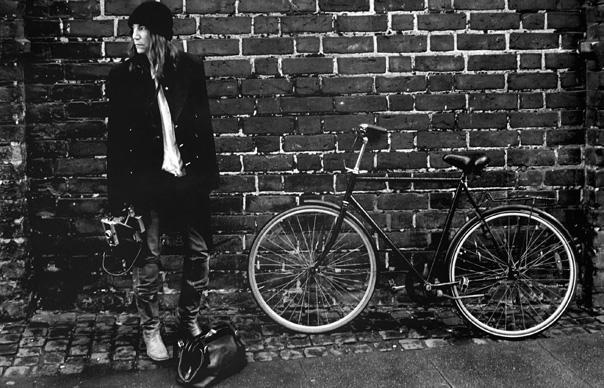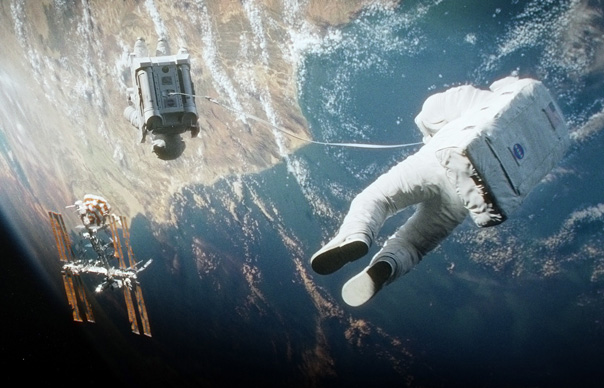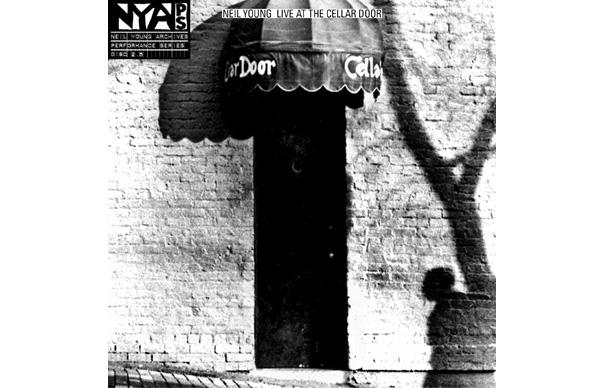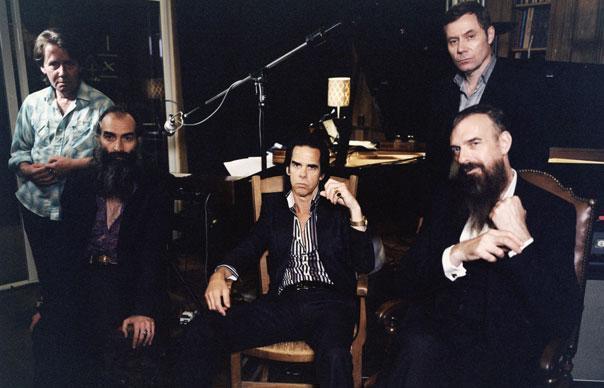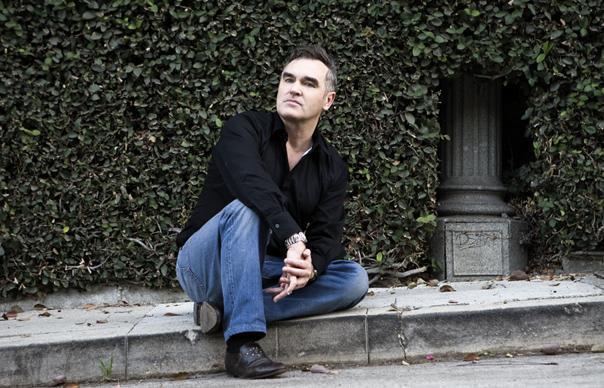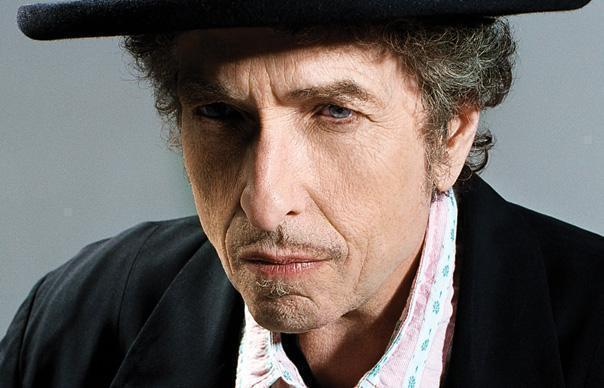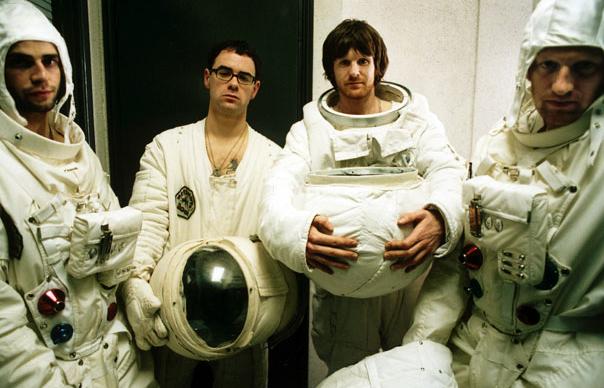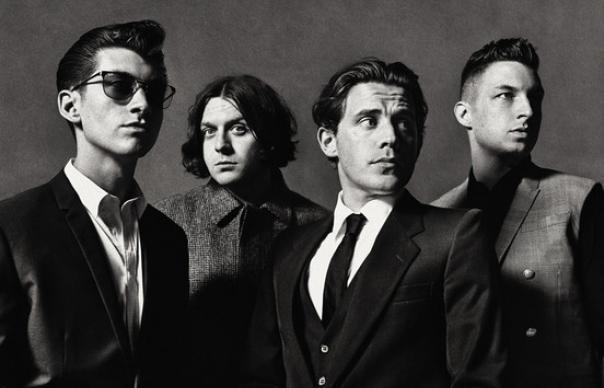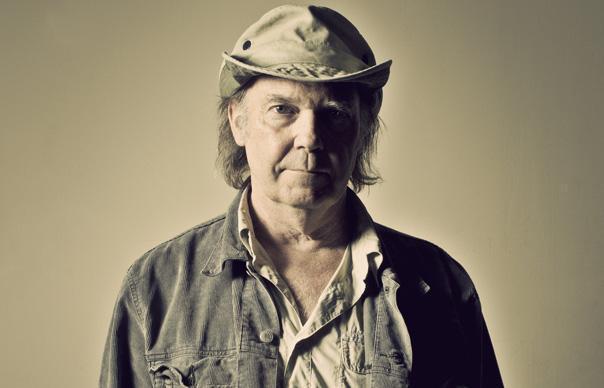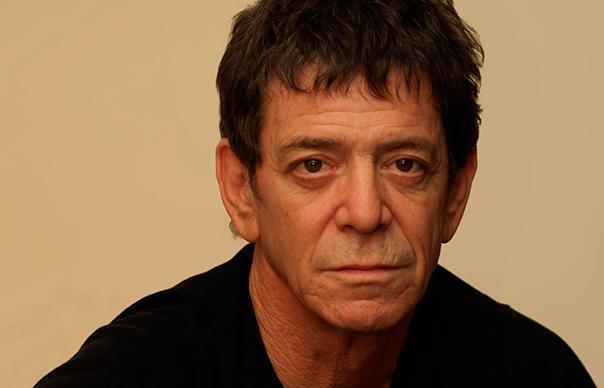As Mott The Hoople prepare to tour again this month (beginning at Birmingham’s Symphony on November 11), it seems fitting to revisit this archive piece from October 2009 (Take 149). Frontman Ian Hunter fondly remembers all the young dudes, from Bowie and Ronson to Max Wall… Interview: John Lewis
____________
It takes some reminding that this youthful-looking gentleman with the poodle hairdo sitting in a London hotel room has just turned 70. “I was 30 years old when Mott The Hoople started,” chuckles Ian Hunter. “Of course, I lied about my age when journalists asked me, knocked off five or six years.” Hunter didn’t let slip any of the things he’d been up to since the late 1950s – playing with rock’n’roll bands in Hamburg, working on local newspapers, in factories and even, for a few years, working as an in-house songwriter with Francis, Day & Hunter.
It meant that, when Mott The Hoople hit paydirt in the early 1970s, Hunter had enough life experience to deal with the fame comfortably, something that comes across from his acclaimed 1974 book, Diary Of A Rock ‘N’ Roll Star, the tale of jet-set ’70s hedonism from the vantage point of a bluff, shrewd lad from Shrewsbury.
He’s been living in the States for nearly half of his life, and most of the past two decades in rural Connecticut, although he’s looking forward to his five-night stint at the Hammersmith Apollo in early October. “I do miss a few things about England,” he says. “I can get me Marmite and Twiglets and Eddie Izzard DVDs in America, so that’s not a problem. The only thing is that you can’t get decent cheese or bacon, unless you really look hard. And I miss stodgy English food. If I lived here, I’d put on about a stone a week with all the pork pies and pasties!”
____________
What do you remember from your time as a journalist?
Neil, Durham
I actually worked out that I had about 40 jobs before I joined Mott The Hoople. Factory apprentice, hod carrier, you name it. Being a cub reporter for The Wellington Journal in Shropshire was just one of them. I had to learn typing (which I was quite good at) and shorthand (which I couldn’t stand, it was like learning Chinese or something). But, as the cub reporter, I got all the mundane tasks. You know, Shrewsbury Town Reserves midweek fixtures, births, deaths, marriages. Every week I had to see the Reverend AT Agnew and get the church news. I hated doing that, because he was a bachelor who had 32 cats and his place bloody stank to high heaven.
Do you think Mick Ronson is criminally overlooked?
Anthony Stobart, Newcastle
Upon Tyne
Yes. People are always asking about Mick. I hung out with him for 20 years. He was just a great bloke. A lot of people didn’t get Mick. If you met him casually you’d think he was daft. But he was an incredibly sharp guy. Classically trained. He would use musical terminology – arpeggios, obbligato – and I wouldn’t have a clue what he was talking about. He learned the violin as a kid, had perfect pitch, and was a fantastic piano player – that’s him on “Lady Stardust”. He didn’t really write songs, but he was a great arranger. I saw him arrange string sections and horn sections on the back of a fag packet. And his guitar solos were always beautifully structured – they were like mini-songs. My fondest memories of him are the nine months we lived together in Chappaqua, in New York State. His daughter Lisa was little at the time, he’d always be singing daft songs to the kids, and cooking incredible meals. I miss him a lot.
What’s your favourite cover of an Ian Hunter song? You don’t have to say Wilco’s version of “I Wish I Was Your Mother”, honest!
Jeff Tweedy, Wilco
Ha! I love Wilco’s version. I also like Maria McKee’s. The Pointer Sisters’ version of “Who Do You Love” is a good ’un. There’s been more than 300 covers of my songs, amazingly. A guy in France clocks them up. Lots of “Irene Wilde” and “Once Bitten Twice Shy”. The best known is probably Barry Manilow’s “Ships”. Everyone has a laugh at Barry, don’t they, but he’s a consummate musician. He keeps changing the key to create dramatic tension. Very clever. He got a US Top 10 hit out of it, didn’t he? I think it was the last Top 10 he had. He should give me a ring!
You worked with lots of great jazz musicians on All American Alien Boy. What was it like working with Jaco Pastorius?
Sheila E
Wow, Sheila E? We worked together once, didn’t we? Jaco was fantastic. He was young, he was only 21 when he worked with me. I met him through the drummer, Bobby Colomby, and I invited Jaco to stay in my house for a while. He’d practise every day, from nine in the morning until five at night. He’d been a drummer but he had to stop after a nasty wrist operation, so he then decided he was going to be the best bass player in the world. When we recorded [’76 solo LP] All American Alien Boy, he was fantastic. I lived about an-hour-and-a-quarter outside New York, and as we’d drive to the studio in Manhattan every day, he’d tell filthy jokes. And he’d never repeat himself once! He had a huge ego, but he was nice with it. He could be a flash bastard in the studio, but people forget that he would always service the songs. He’d never show off just for the sake of it.
The New York Dolls supported you on a US tour. How was that?
Ralph, New York
There was a band out of time. I remember before we met them, our management showed us a picture of this band who were supporting us on tour. I thought, fuck, if they play like they look, then we’ve had it! But America wasn’t ready for these trannies from hell. Alice Cooper would get away with it, because there was something manly about him, but the Dolls were just too outrageous. In the Midwest, they would literally be clinging to each other for support, terrified. Even when we played the Felt Forum, a 4,000-capacity theatre in the grounds of Madison Square Garden, they left the stage in total silence, no encores, no applause. And this is 40 blocks from the Bowery, their heartland! But I still get on great with them. They loved our bassist, Pete Overend Watts. Everything he wore, glam rock bands would be wearing in six months time. Dear old Arthur “Killer” Kane [the Dolls’ bassist] thought Pete was the business!
’Ello my darlin’! Are we going for a curry first week in October?
Joe Elliott, Def Leppard
I’m sure we are, Joe! A vegetable biryani, if you don’t mind. He was pissed off his head the last time I saw him. We were up until three in the morning and he had a gig the next day. Best of luck with that one! Joe’s always been a huge Mott fan. It’s weird, we were only a small band, really, but we had some obsessive fans, like Joe and Mick Jones, and I think it’s their interest which has kept us going. It’s interesting how all these people who went on to be punks and metallers and glam rockers were all fans of Mott. We were a rock’n’roll band before all this fragmentation took place. There were traces of metal and traces of punk and traces of glam. Nowadays it’s all so compartmentalised.
What are your memories of the Rock ‘N’ Roll Circus tour you did in 1972?
Andrew Field, Manchester
It was more of a variety bill. We were joined by some dogs who did tricks, and by a knife-thrower, who was always drunk. On the last night of the tour, I was up on this bloody spinning board, with this pissed bloke flinging huge knives at me. Terrifying. The tour also featured Max Wall, who we loved. I remember flying out to Jersey airport to convince him to come on tour with us. In the end, he loved our music – at soundchecks this 65-year-old fella would be up against the speakers! When you gave him silence, and let him weave his stuff, he was brilliant. Early on in the tour, up north, he was dying a death because they wouldn’t shut up and listen to him. I said, hang in there, Max, the further south you go, the easier it will get. And it was. By the time we got to Guildford, people were falling off their seats. That tour was the last thing we did with Island Records. I remember that David Bowie was courting us throughout the tour. He’d send a big bunch of flowers to every venue! The guys from Island Records were sitting there wondering, hmmm, what’s going on here, then…
What did you think of David Bowie’s original version of “All The Young Dudes”? And what was Bowie like as a producer?
Jim McConnell, Perthshire
Bowie’s version was good, but I think we improved it. We took it up from C to D, so it had more impact, we wrote our own harmonies and guitar hooks. We recorded it in two evenings in Olympic Studios in Barnes – we’d actually had that before we left Island Records, we had to keep it hidden. We knew it would be a big hit for the next label that signed us. Bowie certainly knew how to use a studio. I guess he’d learned from his bass player, Tony Visconti. If he has a problem, it’s that I think he was sometimes a bit fey in the mixing. It’s annoying that we still can’t find the masters to the …Dudes album we did with him, because there’s a lot of balls on that record that never saw the light of day.
Go on, tell us your favourite Guy Stevens story…
Mick Jones
Guy was our producer. There was the time when we were recording an album for Island and he set the studio on fire. And some poor mug had to ring up Chris Blackwell and tell him. And Chris just sighed and said, “Was that really necessary?” Guy just wanted manic excitement in the room. He’d start telling stories and they’d escalate until they were absurd. You’d be waiting, desperate to play music. It was like winding up elastic. So by the time you eventually got to record, the whole band would be playing with a manic intensity. And that’s what he wanted. It worked!
How did you meet a young Mott The Hoople fan called Mick Jones?
Cain Bell, Bury
I remember Mick from the early days, because he always dressed good. He used to hang out with these guys called Kelvin Blackwell and Mad Mick. They were a bit dodgy, rogue-ish, but nice lads. They felt that we were theirs, that we belonged to them. We’d let fans sing on stage. Anyway, we ended up contacting Mick in the late ’70s when me and Ronson were recording Short Back And Sides. We’d written this reggae song called “Theatre Of The Absurd” and we didn’t know anything about reggae, so we thought we’d get Mick to show us what reggae is about! So he came down to The Power Station in New York and finished it off in Wessex Studios in London. Everything goes with Mick Jones – if the radiator sounds good, the radiator is on the tape. I like the width of his imagination.
So, when’s your follow-up to Diary Of A Rock’N’Roll Star coming out, then?
Charlie Gillett
Ha! The DJ Charlie Gillett was the reason that book got published. I was round his house one day, people were coming in off the street and borrowing his records, as always. I remember Ian Dury popping his head around the door. Anyway, Charlie had this deal with Panther, and I mentioned I’d just written this tour diary. He read it and liked it, so Panther published it. I’d just got married which meant that the whole girl-in-every-port thing was out of the question. So when everyone else was partying, I was up writing in my A4 diary. It was all about the boredom of touring, basically. Even though it’s rarely been out of print and someone once said “this is the greatest music book ever written”, I haven’t made much money out of it. You’re better off writing songs than books!
I understand that you and Mick Ronson recorded an album’s worth of material with John Cale. What was it like working with Cale and will it ever see the light of day?
Ziggy Rokita, London
Yeah, John was doing an album with Dylan’s mate, can’t remember his name now [Bob Neuwirth], and he had a few days spare in the studio. So John rang me and Ronson and we mucked about in the studio for a few days. Lots of drink was imbibed. It was a fascinating experience, a real guide in how to write a song. We’d jam for ages and suddenly it will turn into something. John would play anything he wasn’t good on – he hates playing anything he’s good at – so he’d be thrashing away on some cheapo guitar, making an awful din! And they’d turn into songs, somehow. John has threatened to put them out a couple of times. I don’t think anyone’s that interested, to be honest. The tapes would probably be a load of stream-of-consciousness junk and then suddenly a great song. I seem to remember that one of them went, “Queen Elizabeth, you’re just a luxury liner!”


